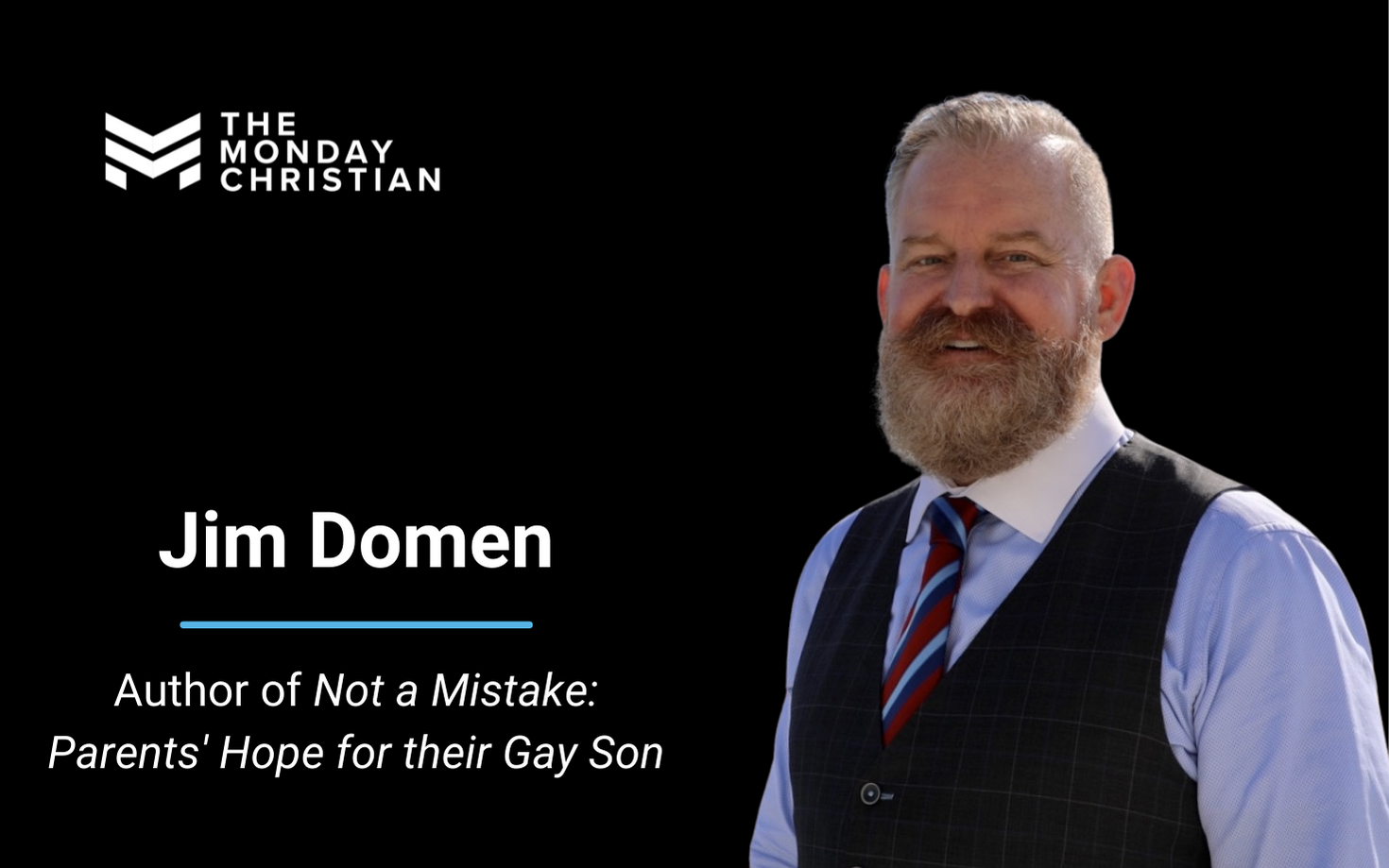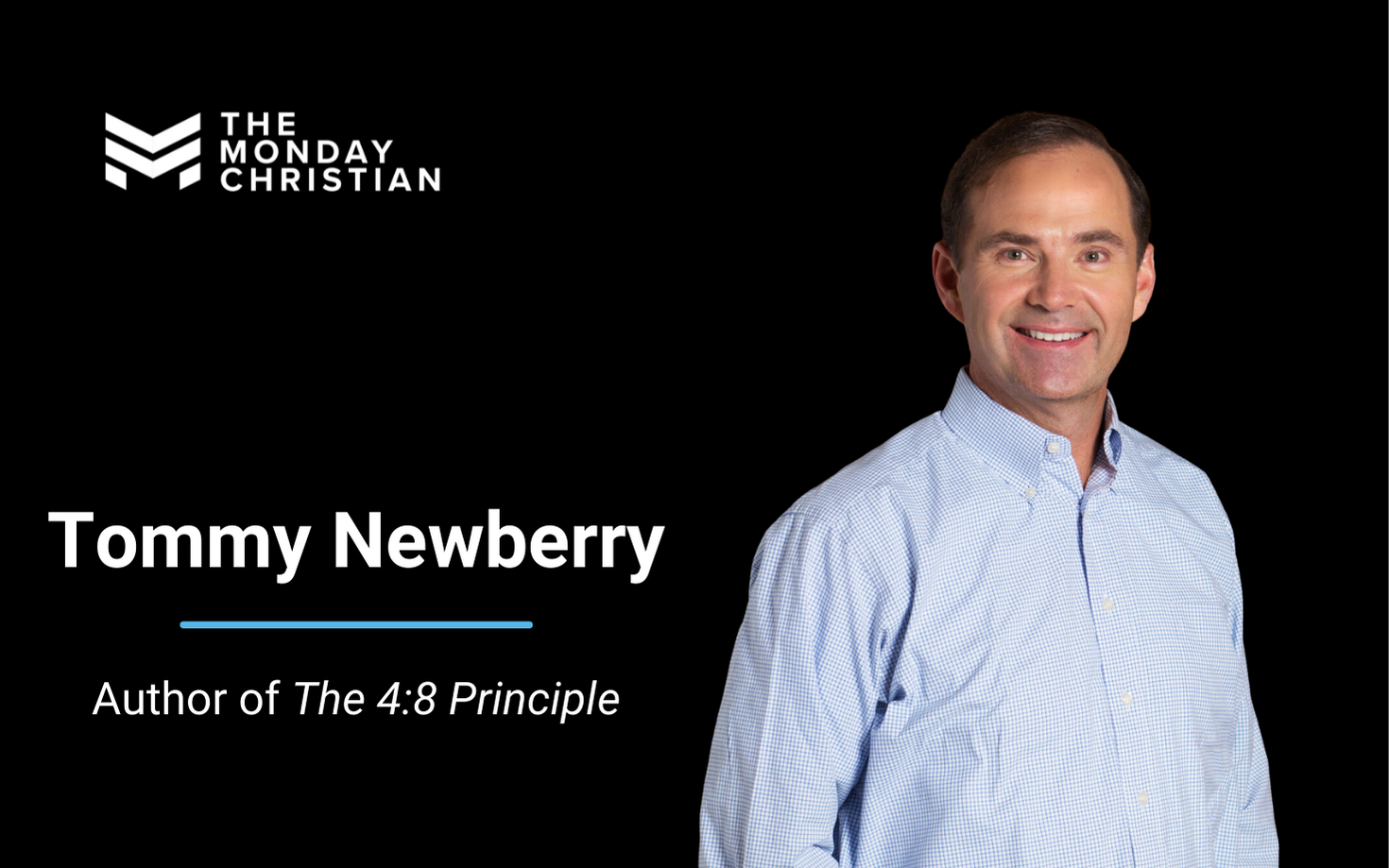What Sutherland, Texas and the Death of Roy Halladay Teach Us About Eternity

Yesterday I heard the news on the radio that former Toronto Blue Jays pitching ace, Roy Halladay, had been involved in a fatal plane crash off the coast of Florida. Even though I had no personal connection with him, he was someone I remember well from my childhood years. On the mound, he was known as the two-hour pitcher — meaning he worked through opposing lineups so quickly that a good deal of his games were only two hours in length.
As dominant as he was on the mound, he was perhaps an even greater player in the game of life. He was known for all of his charitable work with the sick kids of Toronto. And the local Florida sheriff’s office who announced his death made note of how much Halladay and his family had contributed to their local police force.
It seems this last week that both Janan and I have been thinking a lot about eternity. Within the past three weeks, several individuals connected with those in our church congregation have passed away. Each time this has happened the fixtures of this life that we take for granted feel rather shaky.
This past Sunday, a day when the persecuted church was to be remembered, our hearts were devastated to see the headlines coming out of Sutherland, Texas when a lone gunman walked into a First Baptist Bible church and opened fire, taking the lives of 26 followers of Christ.
The words of the Biblical writer James come to mind when he stated:
You do not know what tomorrow will bring. What is your life? For you are a mist that appears for a little time and then vanishes.” – James 4:13
When I meditate on this passage, I cannot help but notice how it flies in the face of all we as Monday Christians observe in typical culture. For example, right now I am reading a New York Times bestselling book by Yuval Noah Harari called Homo Deus. In a work that has been celebrated around the globe, the opening few paragraphs start with his open assault on all that is eternal. He pens these words:
“For generation after generation humans have prayed to every god, angel and saint, and have invented countless tools, institutions and social systems — but they continued to die in their millions from starvation, epidemics and violence. Many thinkers and prophets concluded that famine, plague and war must be an integral part of God’s cosmic plan or of our imperfect nature, and nothing short of the end of time would free us from them.Yet at the dawn of the third millennium, humanity wakes up to an amazing realization. Most people rarely think about it, but in the last few decades we have managed to rein in famine, plague and war. Of course, these problems have not been completely solved, but they have been transformed from incomprehensible and uncontrollable forces of nature into manageable challenges. We don’t need to pray to any god or saint to rescue us from them. We know quite well what needs to be done in order to prevent famine, plague and war – and we usually succeed in doing it.”
On the surface, Harari’s premise that humanity has increased in understanding seems valid. But the subtle context of these remarks is clear: “Humanity has grown beyond its need for God.” It is not uncommon to hear different prognosticators such as Google’s Larry Page and more recently Tesla CEO Elon Musk making references to a point in history when the technology of the day will achieve such exponential heights that the average person, provided they have a large enough bank account, will be able to live indefinitely.
So, even in a culture obsessed with denying all that is eternal, it appears there has become an equal obsession to do all that we humanly can to achieve this very reality — as long as it allows us to keep the idea of God out of the picture.
So, even in a culture obsessed with denying all that is eternal, it appears there has become an equal obsession to do all that we humanly can to achieve this very reality — as long as it allows us to keep the idea of God out of the… Click To Tweet
For many people, the question “Is this life really all there is?” is rather a moot point because they are quite content with all that it has to offer. Culture teaches us to make eternity the farthest thing from our minds. Just enjoy as much of life as you can and hope everything shakes out in the end.
But I am convinced that what separates a true Monday Christian from someone who does not know Jesus is not only their perspective OF eternity but HOW that perspective changes the way they behave.
I am convinced that what separates a true Monday Christian from someone who does not know Jesus is not only their perspective of eternity but how that perspective changes the way they behave. Click To Tweet
For the Monday Christian who lives in the light of eternity, each and every moment of the day is permeated with this fundamental realization, “This world is not my home.” Consequently, this cannot help but change our behavior. Those minor offenses that others have committed against us can be let go when seen through the grand perspective of eternity. The constant doubts and fears of the future that plague our minds can be set aside when we focus our eyes on the essence of eternal life — Jesus.
Thinking this way brings a wonderful new sense of freedom. It makes the allure of this world not quite so appealing and it gives us the strength to cope with all of the painful situations we cannot understand.
As Charles Spurgeon writes,
“The best moment of a Christian’s life is his last one, because it is the one that is nearest heaven. And then it is that he begins to strike the keynote of the song which he shall sing to all eternity.”
For the Monday Christian who lives in the light of eternity, each and every moment of the day is permeated with this fundamental realization, “This world is not my home.” Click To Tweet




Comments ()